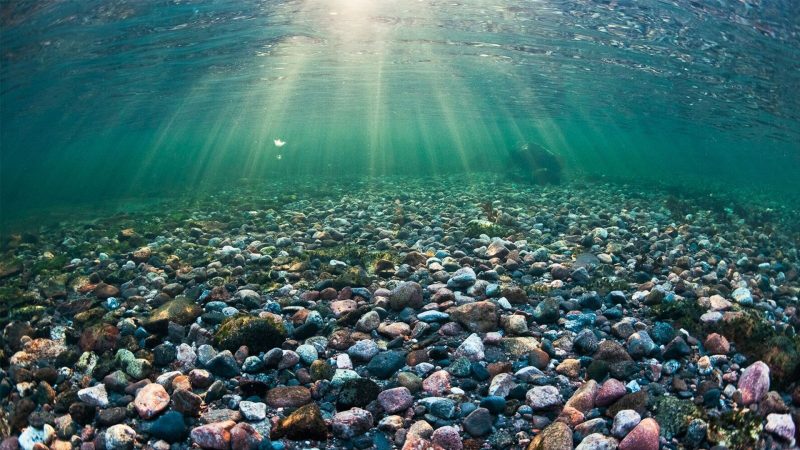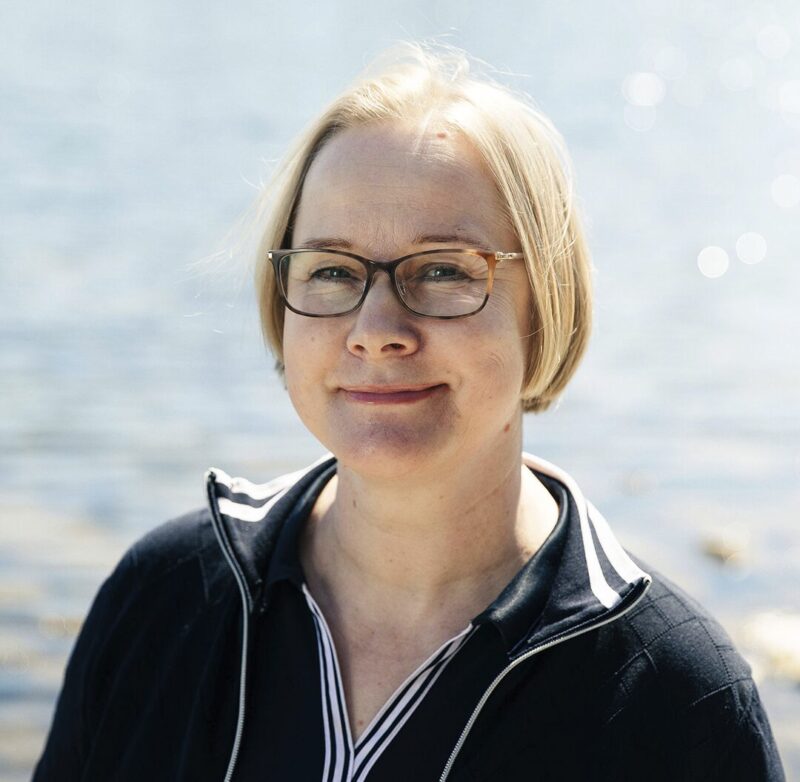NutriTrade
The NutriTrade project has developed innovative and cost-efficient measures that reduce the eutrophication of the Baltic Sea. Within the project, four new ways to reduce eutrophication were piloted: cyprinid fishing, treating cultivated fields with gypsum, nutrient cycling, and mussel farming. The project also created a crowdfunding platform, nutribute.org, that targets waterway protection.
Co-funded by:


More information

In 2015-2018 NutriTrade, a flagship project of the EU Baltic Sea strategy, successfully implemented the Saving the sea objective of the strategy. The project reached the following conclusions and results:
New waterway protection methods give hope to the Archipelago Sea in particular
The project developed new and cost-efficient measures that reduce the eutrophication of the Baltic Sea. The cost of a kg of phosphorus, removed through the gypsum treatment of fields and cyprinid fishing, was approximately €70. Removing nutrients in the form of mussels, however, turned out to be more expensive (€670/kg of P).
Recycling nutrients amongst various fields of industry was recognized as a measure that boosts Baltic Sea protection and nutrient utilization. Nutrients created in biogas production, for example, can be utilized by the forest industry. This could potentially mean several hundreds of tonnes of phosphorus each year in the Baltic Sea region.
Information on the most successful measures was disseminated to e.g. the Baltic Sea protection commission HELCOM, and to states in the Baltic Sea area. Moreover, policy recommendations released by the project encouraged the launch of extensive gypsum treatment of fields, and proposed the further development of environmental protection steering methods, allowing new measures to be adopted.
Voluntary nutrient footprint compensation provides an opportunity to participate in Baltic Sea protection
Nutribute.org, created within the NutriTrade project, is the first European crowdfunding platform that targets waterway protection. The Ålandsbanken Baltic Sea Project selected Nutribute as the best digital innovation of 2018. The platform is named Nutribute, a combination of nutrients and contribute, which here signifies both participation and making a donation.
Through the crowdfunding platform, NutriTrade encouraged private individuals and corporations to estimate their nutrient discharges, to reduce them, and to compensate for the remaining discharges with a donation to a waterway protection project of their choice. Finnish water utilities were the first ones to latch on to the idea of nutrient discharge compensation. With donations from water utilities, Helsinki, Kotka, Turku and Porvoo became phosphorus-neutral cities as far as their wastewater discharges were concerned.
Nutribute enables the implementation of waterway protection projects, adds to their impact, and continues their work even after the project itself has ended.
Concrete discharge reductions improve the status of the Baltic Sea
The NutriTrade project achieved considerable results in waterway protection. With the project’s pilot measures, the phosphorus load of the Baltic Sea by was reduced by six tonnes in the years 2015–2018, and for most of the measures, discharge reduction will continue also in the future. Moreover, measures funded via the Nutribute platform reduced the phosphorus load by 28 tonnes. A reduction of a total of 34 tonnes of phosphorus equals the annual wastewater discharges of a major city.
The NutriTrade project ended in early 2019. The project’s main funder was the EU Interreg Central Baltic programme, and it was implemented by the John Nurminen Foundation, the University of Helsinki, the Natural Resources Institute Finland, SLU, and Anthesis Enveco.
The total budget was 2.1 M€ of which the share of EU Interreg Central Baltic Programme was almost 1.6 M€.
In cooperation with
